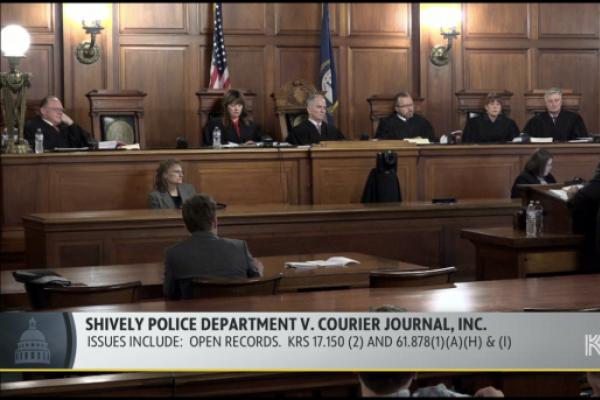
"Public records laws are premised on a patchwork of related rationales and policy justifications.
"One common basis for the right to know is that citizens are the ultimate decisionmakers in a representative democracy. Harold Cross articulated this notion in 1953: 'Public business is the public's business. The people have the right to know,' Cross wrote. 'Freedom of information is their just heritage. Without that the citizens of a democracy have but changed their kings.' Legal theorist Thomas Emerson later argued that the 'public, as sovereign, must have all information available in order to instruct its servants, the government.'
"Another basis for public records laws is that voters need to be informed so they can intelligently perform their civic roles, such as voting for public candidates and evaluating the propriety of public policy. U.S. Rep. John Moss, who helped shepherd FOIA through Congress, articulated this justification on the House floor. 'Our system of government is based on the participation of the governed, and as our population grows in numbers it is essential that it also grow in knowledge and understanding,' Moss said. 'We must remove every barrier to information about—and understanding of—Government activities consistent with our security if the American public is to be adequately equipped to fulfill the ever more demanding role of responsible citizenship.'
"Public records laws also are thought to help facilitate government accountability. In Department of Air Force v. Rose, 425 U.S. 352 (1976), the U.S. Supreme Court wrote that FOIA was intended to 'pierce the veil of administrative secrecy and to open agency action to the light of public scrutiny.' Legislatures have similarly invoked this ideal. For example, the Illinois Freedom of Information Act declares that access to public records is 'necessary to enable the people to fulfill their duties of discussing public issues fully and freely, making informed political judgments and monitoring government to ensure that it is being conducted in the public interest.'"
"Government Officials as Attorneys and Clients: Why Privilege the Privileged?"
Melanie B. Leslie
New York University School of Law
https://www.repository.law.indiana.edu/cgi/viewcontent.cgi?article=1903…
In Kentucky, the Open Records Act — enacted in 1976 by lawmakers committed to the idea that "free and open examinations of public records is in the public interest . . . even though such examination may cause inconvenience or embarrassment to public officials or others" — is under direct assault by a new generation of hostile lawmakers and indirect assault by indifferent or openly defiant public officials and agencies.
Protect your right to know!



